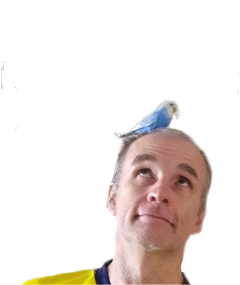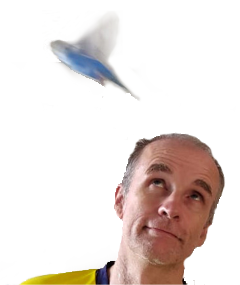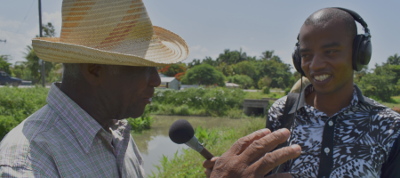Hunting for William Hall
March 3, 2017
In the year of our lord eighteen hundred and fifty seven, a volunteer in the British Navy from Horton, Nova Scotia stood almost alone in a rubble-strewn courtyard in Lucknow, India. Behind him, a force of British troops and loyal Indians were pinned down by musket and cannon fire. In front, loomed the thick-walled Shah Najif mosque, now a heavily fortified position of the Indian mutineers. The air was thick with smoke and bullets. All but one of the man’s gun crew were dead or wounded, but he and his companion heaved the gun forward, firing repeatedly in a desparate attempt to breach the wall and open a passage to safety for his colleagues.
The life of William Hall is a gripping story that canters from a small town in rural Nova Scotia, over oceans, through the English Channel, to the Crimea, Hong Kong and other hot spots of the British Empire. It begins with an escape from slavery in the US. It ends with the first Victoria Cross for a black Canadian. Besides adventure, it affords a fresh view on imperialism and race, on the history of Nova Scotia and its place in the world. It is a story of fortitude, character and independence. It is a story consigned to a single thin creaking book bound in cellophane and kept in the upper reaches of the Halifax library.
Like many school kids in Halifax, my 10 year old son is required to write about Hall for Black History month. Like most, he could have “searched it up” on Wikipedia, jotting down a few facts at random and calling it a day. At my suggestion and his insistence, we decided to track down the book and do proper research instead. So after guitar class yesterday, we went on our own evening adventure, driving through a hail of traffic into the downtown, prowling in search of parking we could afford, walking hunched through the cold from the parking to the library. He hadn’t eaten, it was almost his bedtime, but he listened patiently as I explained the logic of call numbers to him. In the stacks, we ran fingers down spines looking for the book, taking in other titles in passing, like outposts on a whirlwind tour of duty.
The book was lost.
Librarians hummed and hawed and clacked on their keyboards. They had never heard of William Hall. My son’s face was getting pale with migraine but we waited expectantly. Finally, after a long awkward silence: “No. Sorry.” A wan head shake indicated they had done all they could. So we sallied forth, a lone detachment in the breach, and found for ourselves another copy in a special section of the library reserved for consultation only. A metal detector signalled the entrance to this inner sanctum. Inside a furious hush hung in the air, and I could see fear in my son’s face as we stepped in. This was a serious place.
He found the book, oh that brave boy, and tiptoed to an empty chair. But reading a dry dusty book in total silence is too much for a hungry child. When he whispered what’s Crimea dad?, or exclaimed yes! at successfully calculating Hall’s age in his head, a shockwave filled the air as a dozen patrons tut-tutted to themselves. So, could we possibly consult the book in the main lobby instead of this charged atmosphere? Within sight of a librarian, perhaps, so you know we won’t steal it? “No, that can’t be done.” Can we complain about the mediocre service here? “I’ll pass your comments on to someone.” The last answer shorn of the regulation fake smile as if complaining at a library, the epitome of Nova Scotia niceness, was not contemplated by the regulations. And so we left, a Mexican lad eager to learn about new his province and his father eager to teach it, defeated by a glass library five stories tall, built with the accumulated riches of the Dominion’s eldest son.
William Hall risked his life to help crush a native uprising against the British Empire. Although his parents fled the US, he returned to serve a spell in the US Navy, before joining the Royal Navy. He saw half the world then spent the rest of his days tending a small farm in a tiny corner of a tiny province in Canada. The sweep of his life, the cross-cutting grains, the questions are stirring yet achingly real and I wanted to rescue the story from becoming an arid symbol thrust upon him by a system built around “giving the teacher what she wants” (my son’s words, oh wise son). By taking a trip to the library, by hunting down a book, holding it in our hands, I hoped to bring William Hall alive. All we found was a souless bureacracy. So tonight he will fire up the computer, type Hall’s name into Wikipedia, fret over how to copy the few paragraphs of the entry into his own words, and hand it in for a grade. It is probably the last time we will speak of the William Hall.



